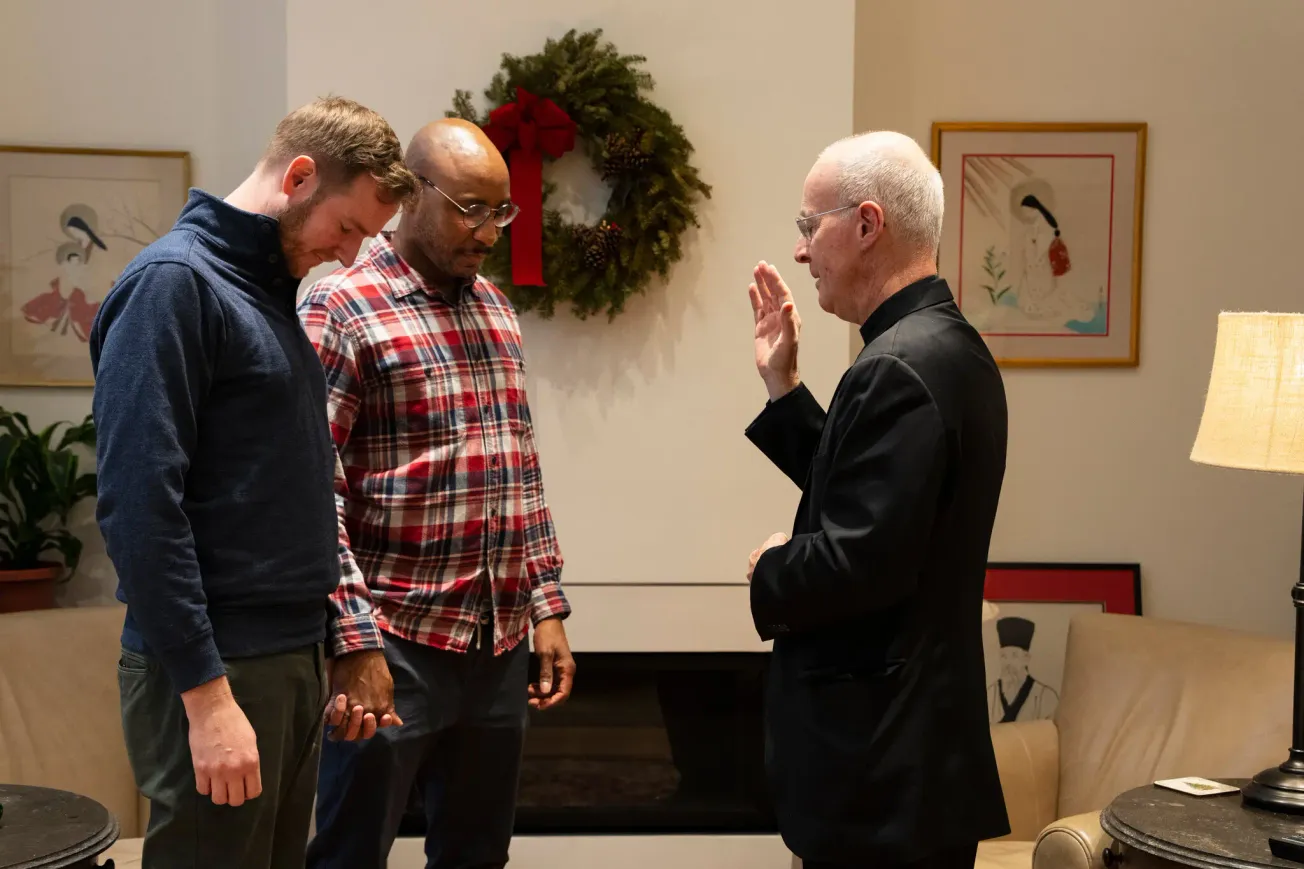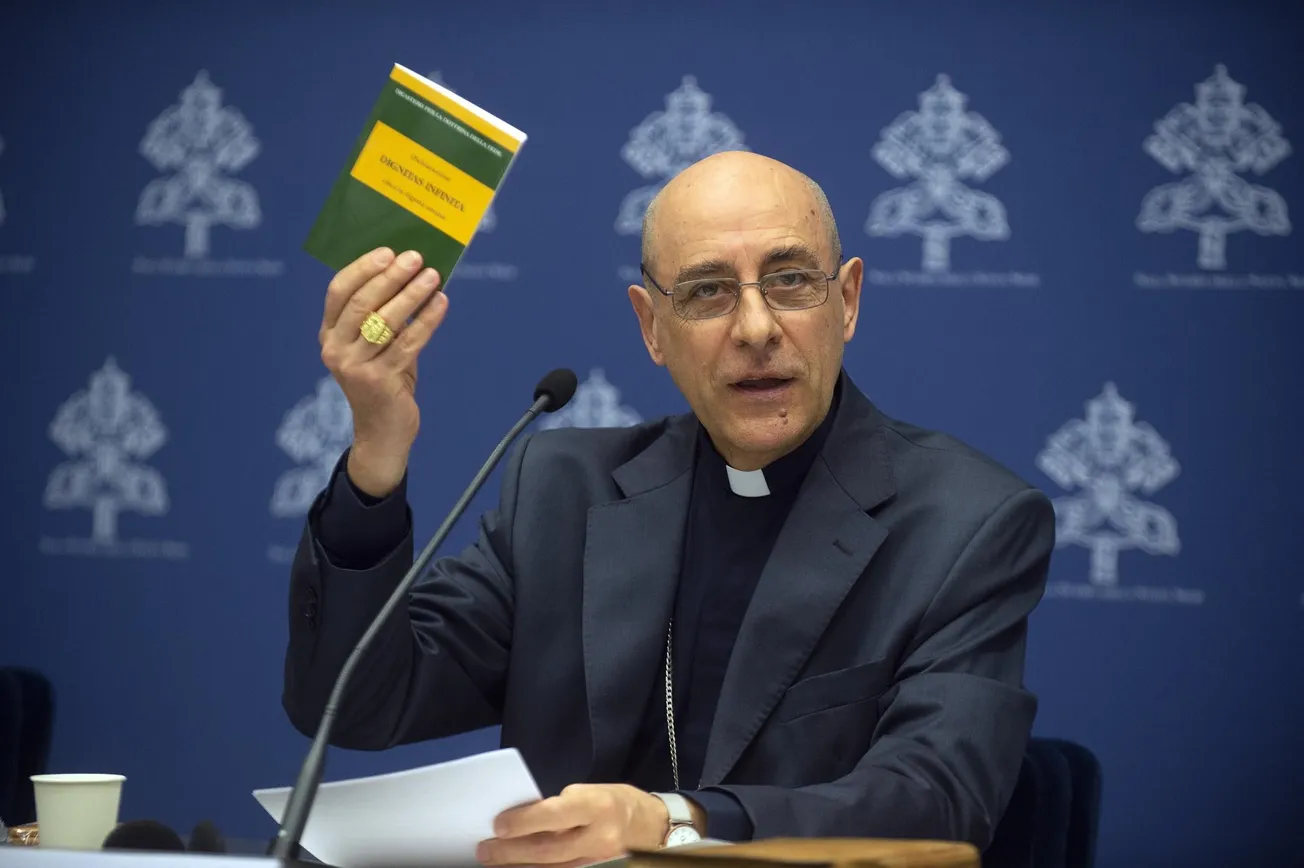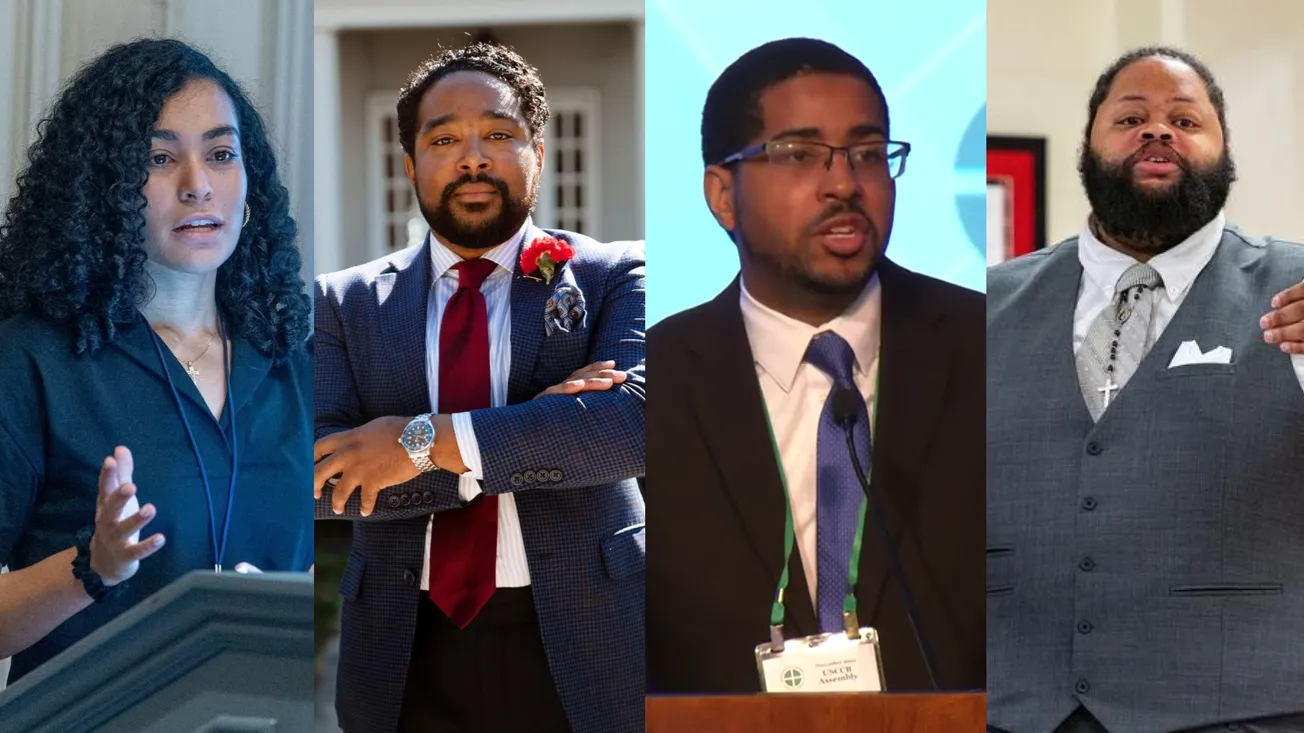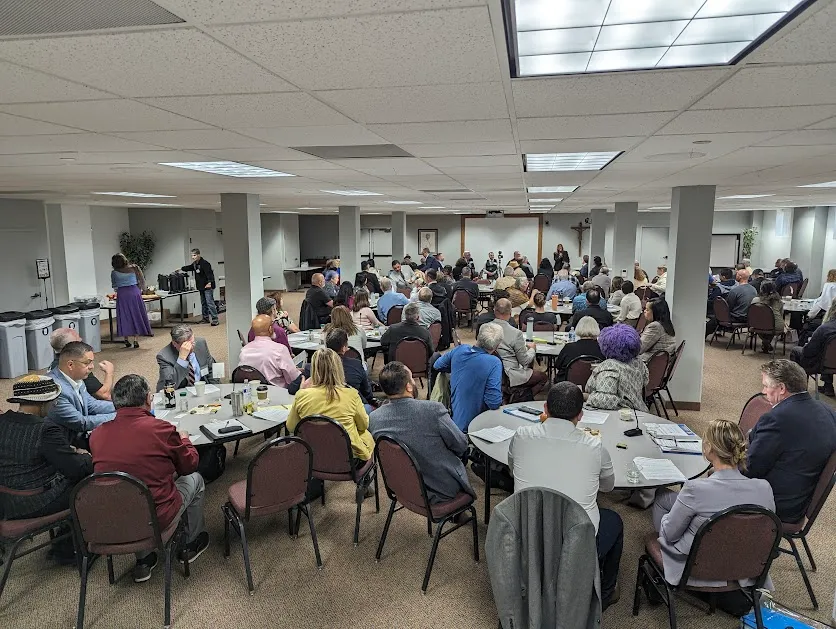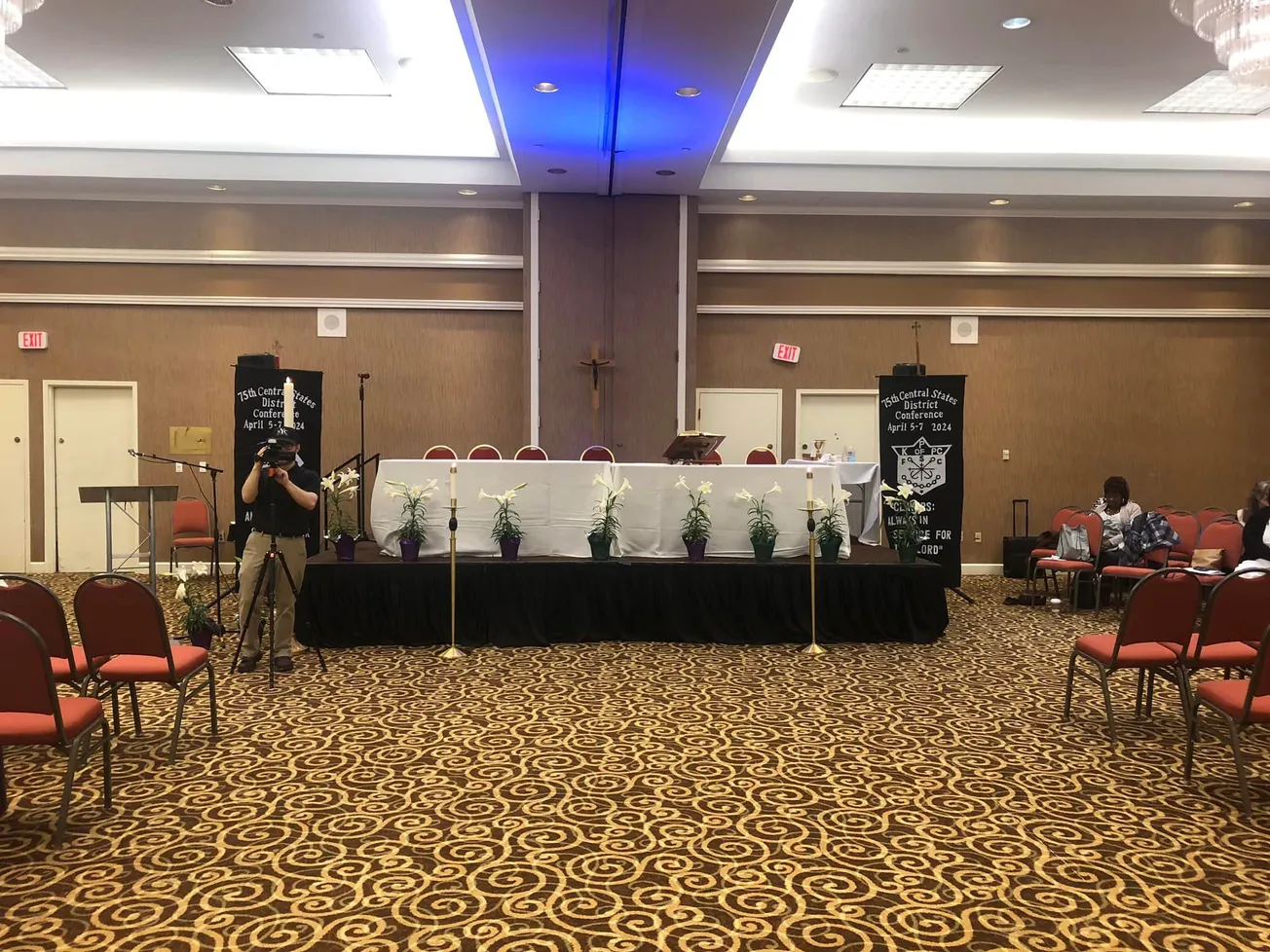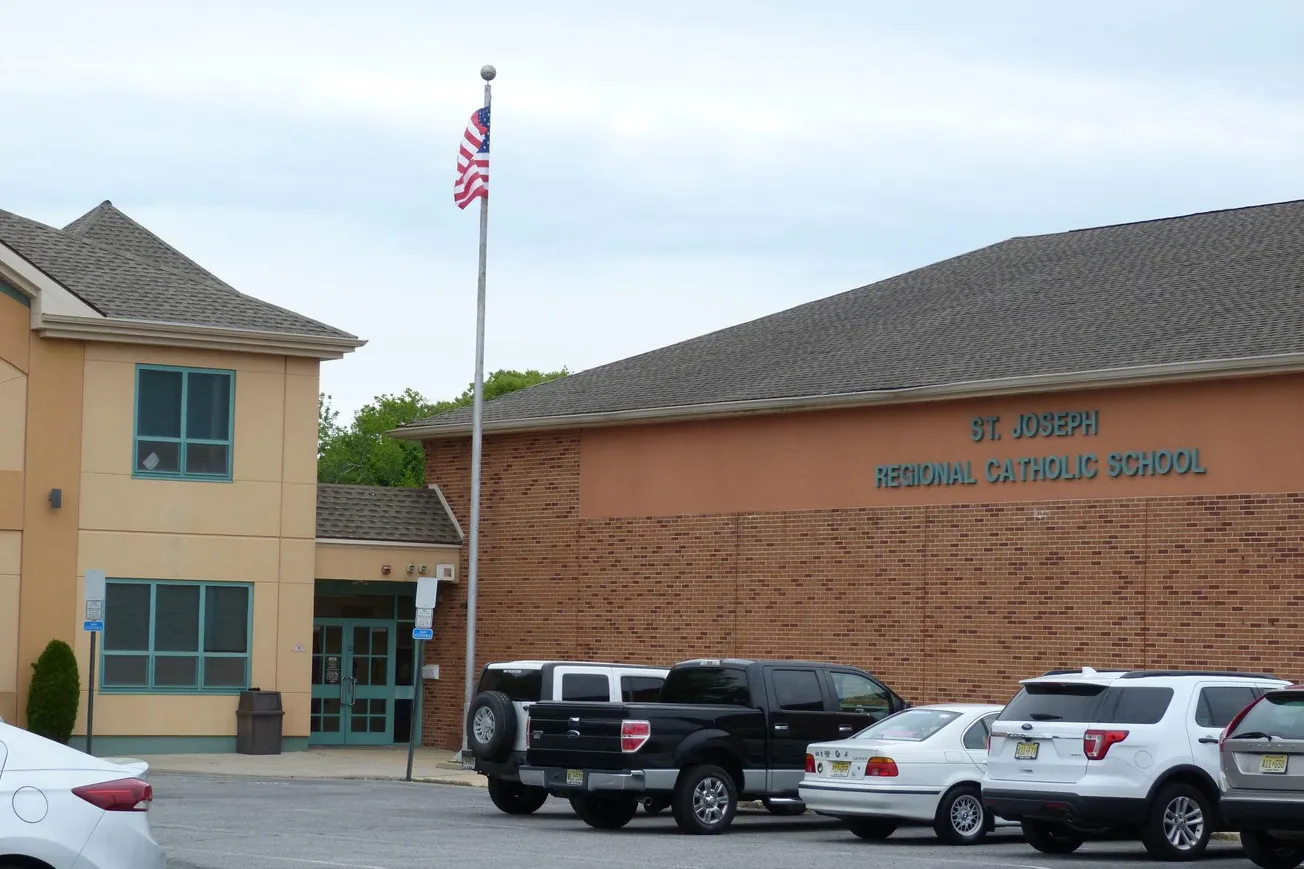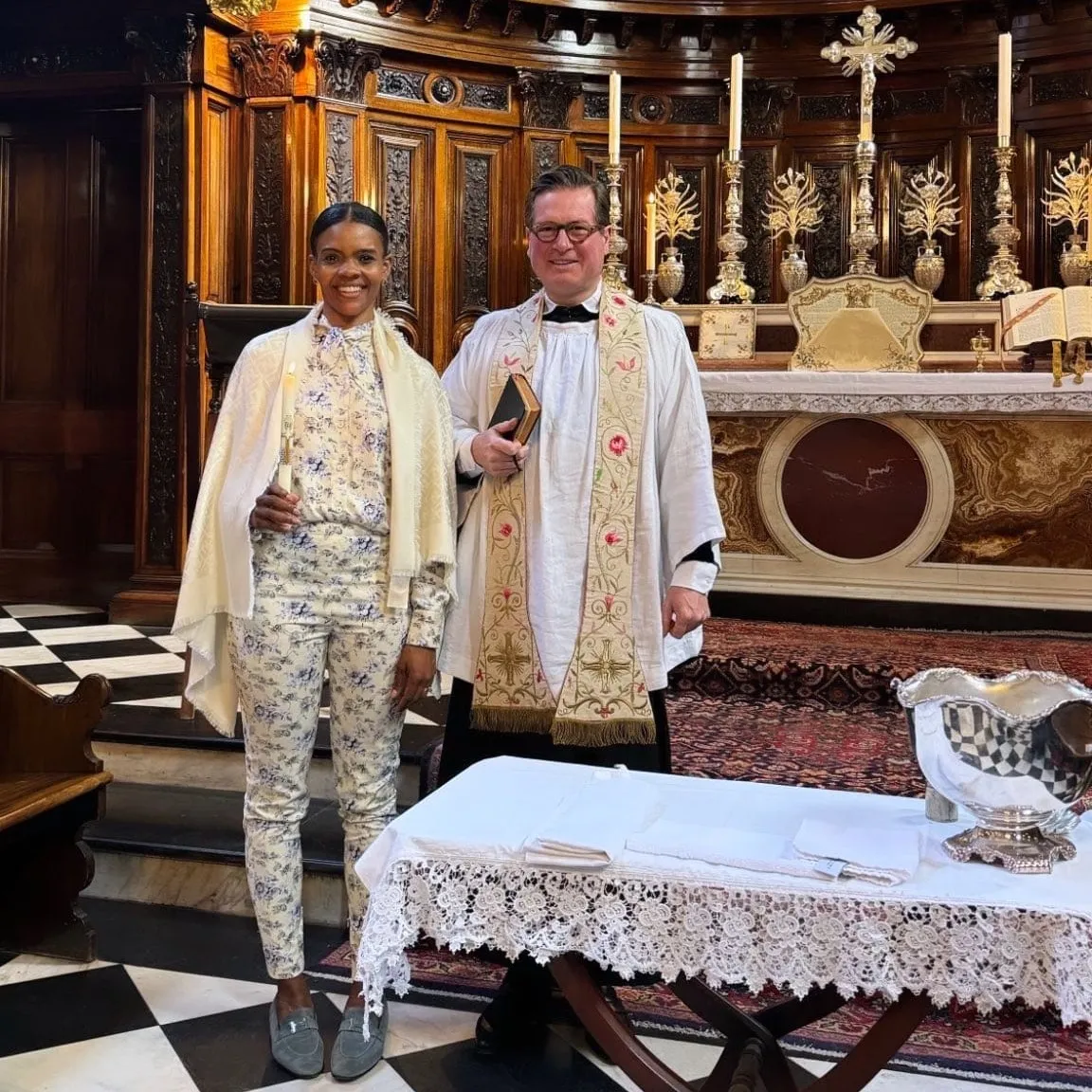The Vatican has issued a clarification concerning its new “Fiducia Supplicans” declaration, which gave permission for Catholic clergy to bless same-sex couples and those in unrecognized remarriages. Its contents include a call for reasonable discourse on and application of the text, including avoidance of such blessings in some parts of the world.
In the two weeks since its release, the declaration has spurred controversy in various Catholic dioceses and religious communities across the globe, with some leaders banning same-sex blessings in particular due to the potential for scandal and theological error.
The new clarification, released on Thursday morning by Cardinal Victor Manuel “Tucho” Fernández, head of the Dicastery for the Doctrine of the Faith (DDF) and his secretary, Msgr Armando Matteo, says that the declaration does not depart from Catholic teaching and is “clear and definitive about marriage and sexuality.”
“Evidently, there is no room to distance ourselves doctrinally from this Declaration or to consider it heretical, contrary to the Tradition of the Church or blasphemous.”
The Dicastery for the Doctrine of the Faith issues a clarification concerning the Declaration ‘Fiducia supplicans’: On the Pastoral Meaning of Blessings.
— Vatican News (@VaticanNews) January 4, 2024
Read the full document here: https://t.co/xjmrwBIHLd
The six-point clarification from the DDF follows opposition to “Fiducia Supplicans” at the episcopal level in large swaths of Africa, as well as Hungary, Kazakhstan, Haiti, the Antilles, Poland, and Ukraine. Numerous American and European bishops have also spoken out against the declaration, which has the full support of Pope Francis.
The supreme pontiff has emphasized repeatedly during his pontificate the importance of welcoming those on the margins, including LGBTQ+ persons, and floated the idea of same-sex blessings in a response to conservative cardinals in October 2023. He did not sign this week’s clarificatory document from the DDF, though it’s unlikely much can be drawn from the omission.
On the criticism the declaration has faced, the Vatican clarification described the statements of “some” episcopal conferences as “understandable,” though does not name specific groups. The clarification does refer, however, to the specific contexts in which bishops might be justified in avoiding same-sex blessings—such as countries where homosexual activity is subject to prosecution or vigilante violence.
One example is Uganda, where in 2023 the president enacted a law restricting LGBTQ+ rights, including the possibility of the death penalty for offenders. The country’s episcopal conference, which is thought to have supported the new legislation, has not issued an official statement on “Fiducia Supplicans”—unlike at least 21 countries in Africa whose bishops have told their clergy not to offer the new blessings.
“It is clear that the Bishops do not wish to expose homosexual persons to violence,” the DDF wrote in Thursday’s clarification, though noting that opposition to the declaration itself amounts to rejection of what is now official Church teaching.
“It remains vital that these Episcopal Conferences do not support a doctrine different from that of the Declaration signed by the Pope, given that it is perennial doctrine, but rather that they recommend the need for study and discernment so as to act with pastoral prudence in such a context.”
Fernández and Matteo emphasized that the warp and woof of the declaration is not in the hot-button issues of sexuality and divorce, but rather in the fine distinction made between liturgical blessings—such as those of a marriage or home—and spontaneous blessings, offered without preparation or formality.
The distinction in the original declaration occasioned the prohibition of certain trappings, including specific “clothing, gestures, or words” indicative of an official Catholic liturgical rite. This applies to the clergyman as well as the couple being blessed.
Added to that list in the new DDF clarification is the location of spontaneous blessings, which are not to be offered “in front of an altar,” as has been seen in some examples shared publicly by Catholics since “Fiducia Supplicans” was released.
As bishops in the United States and elsewhere deal out dueling statements offering support or derision for the Vatican declaration, some onlookers say the resulting clarification from the Vatican only waters down the original message.
“Pretty much every trace of respect for same-sex couples has been scraped away, leaving only a few atoms of real development on the issue,” wrote Canadian scholar Dr. David W. Lafferty on Twitter/X.
“Same-sex couples in the Church were probably better off before [the declaration].”
Nate Tinner-Williams is co-founder and editor of Black Catholic Messenger.


